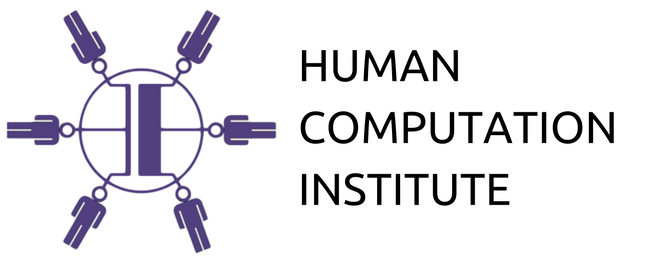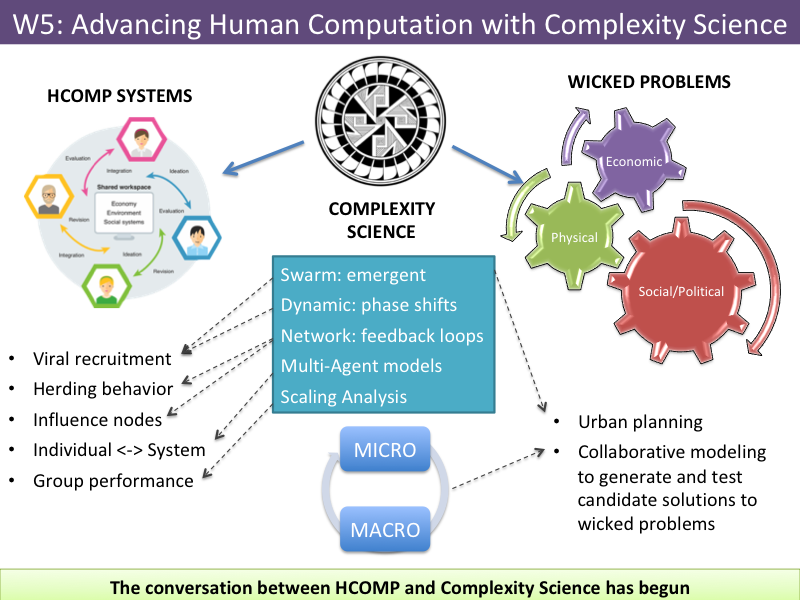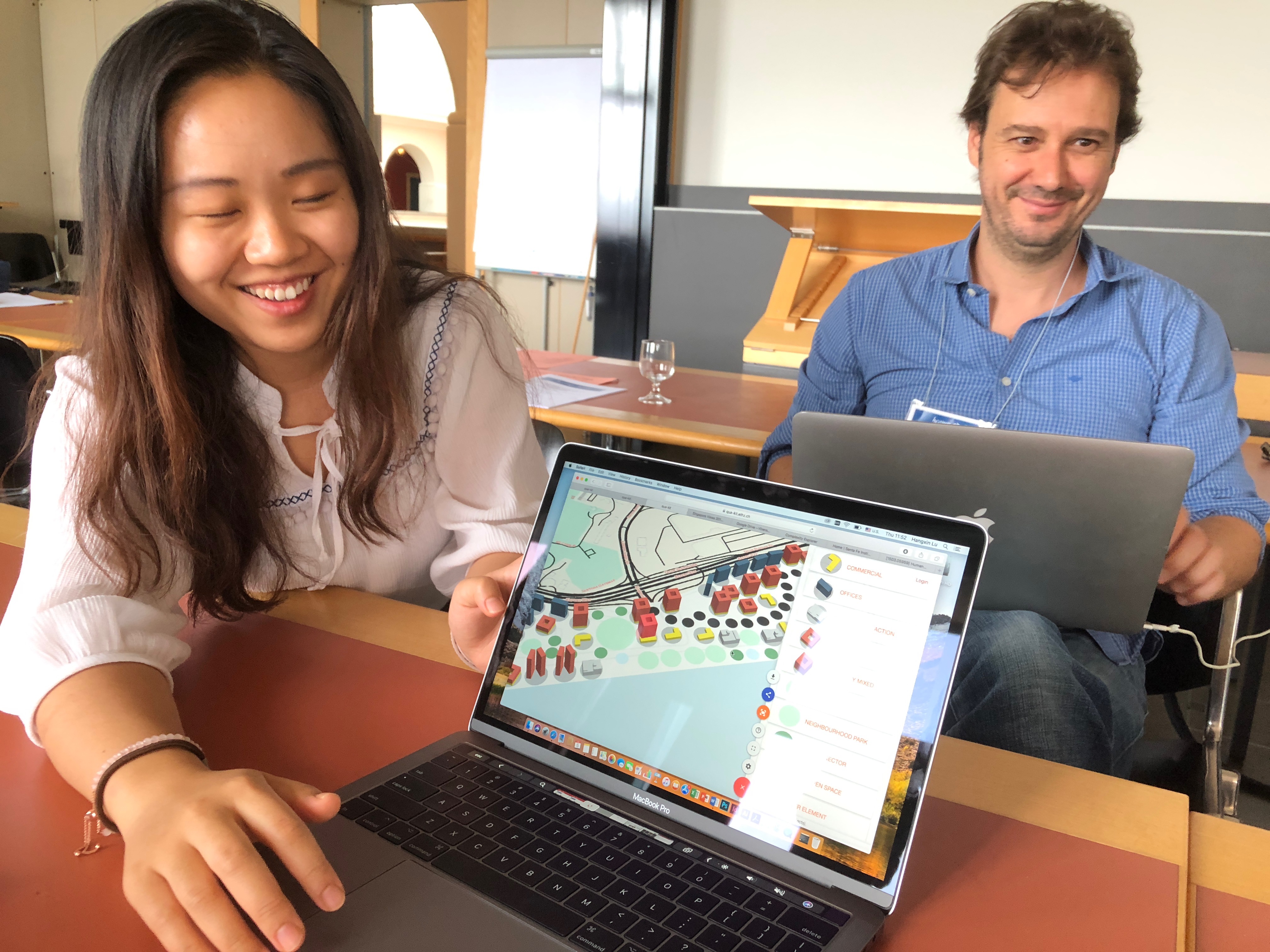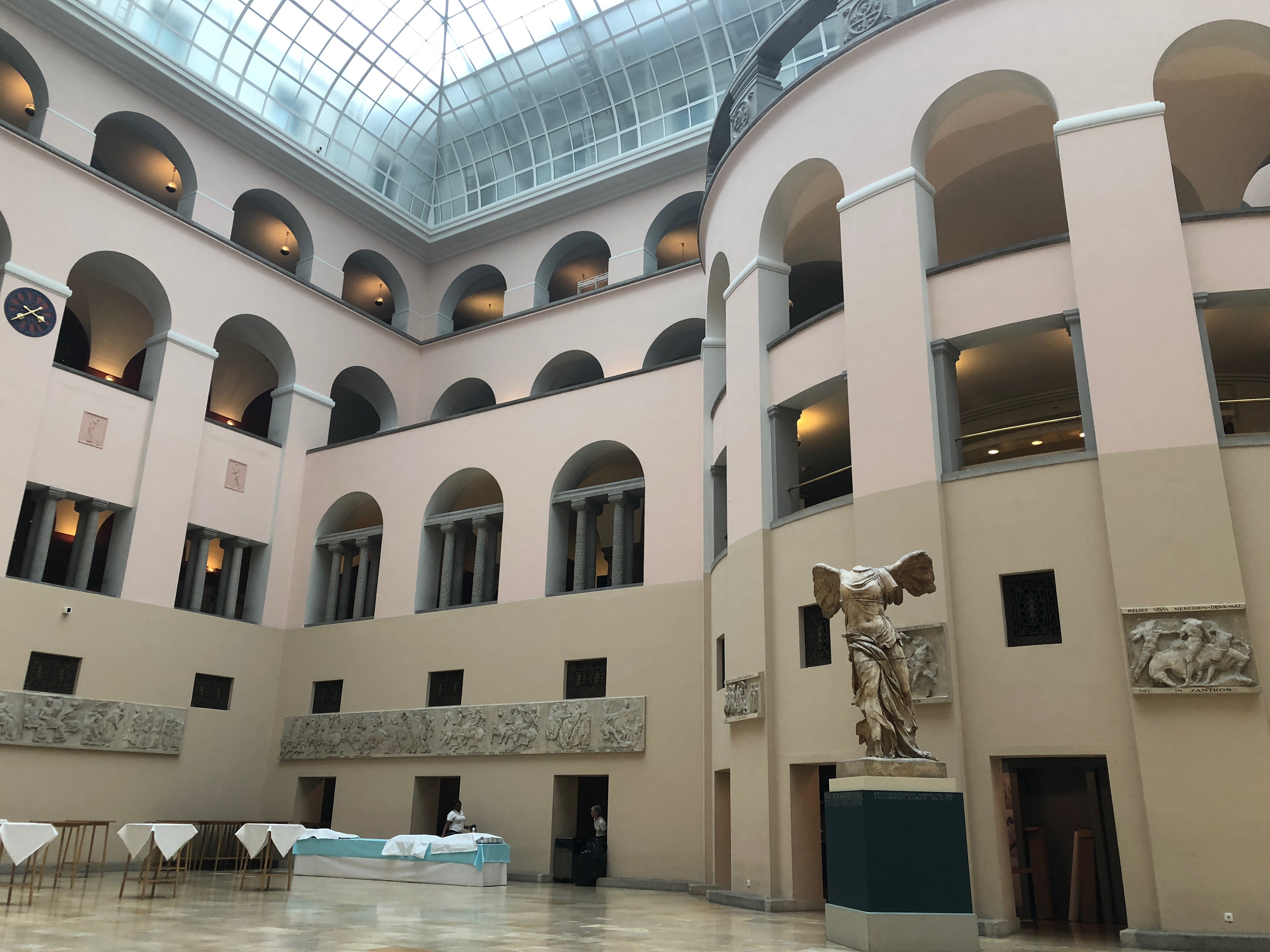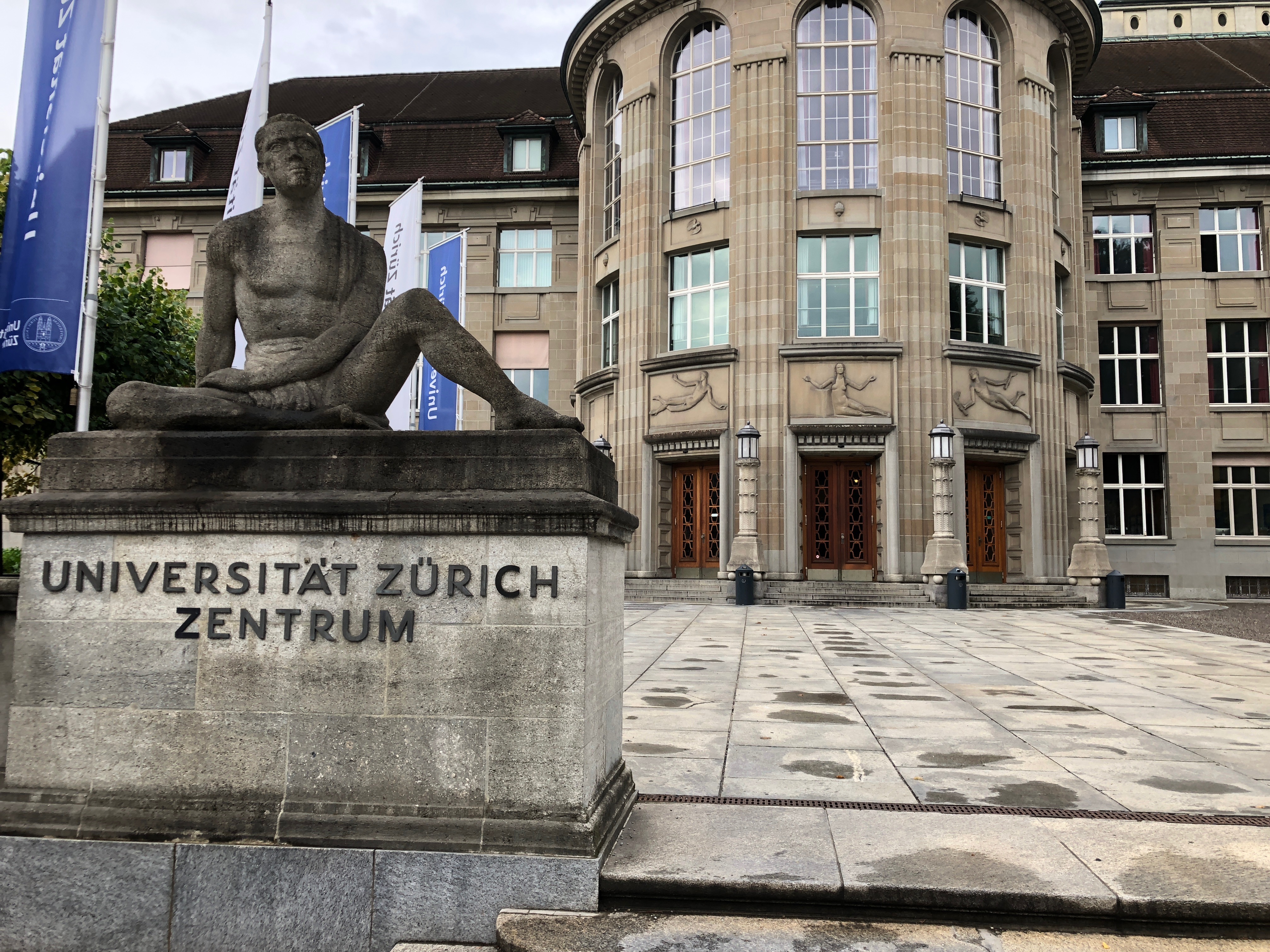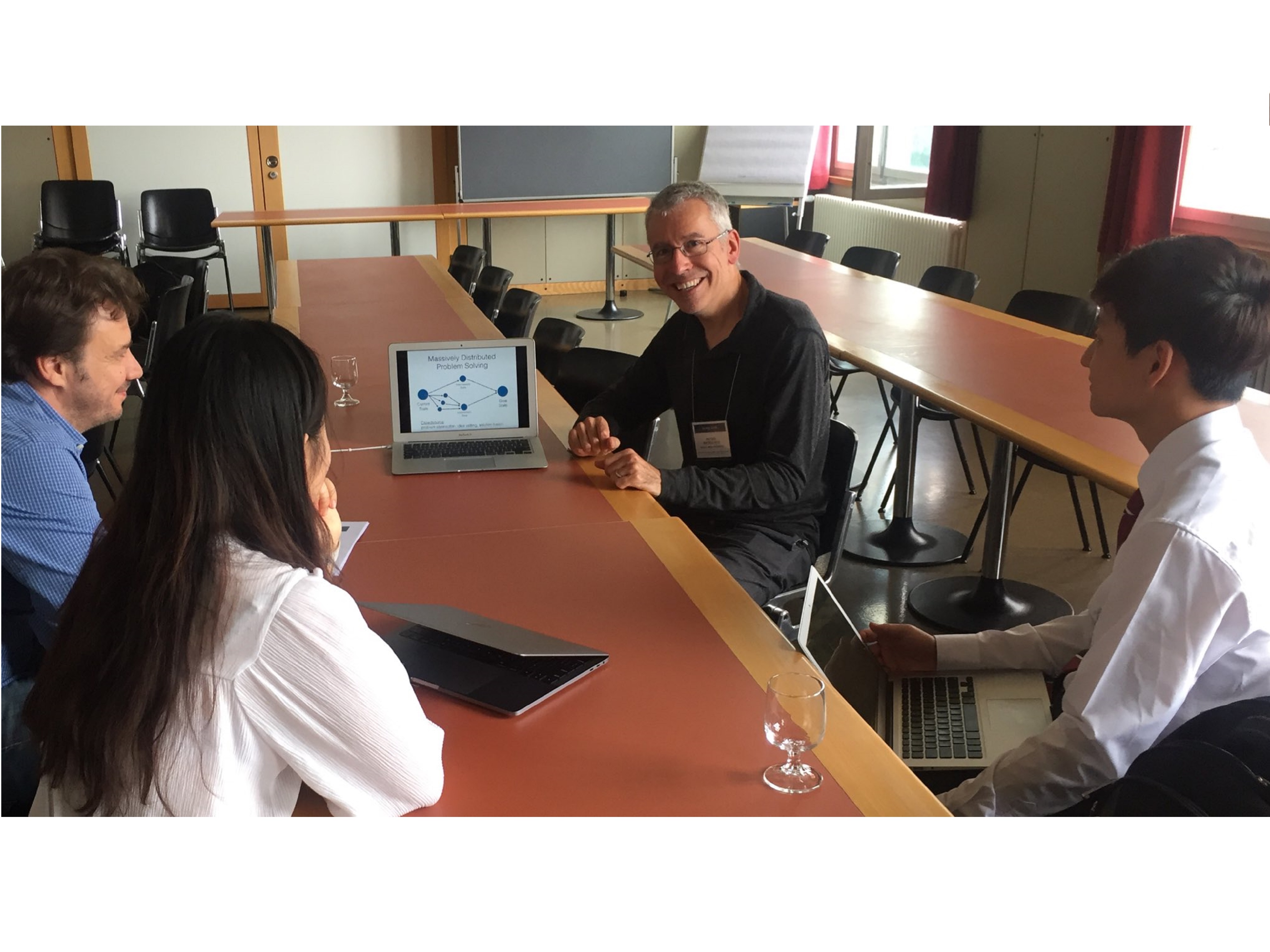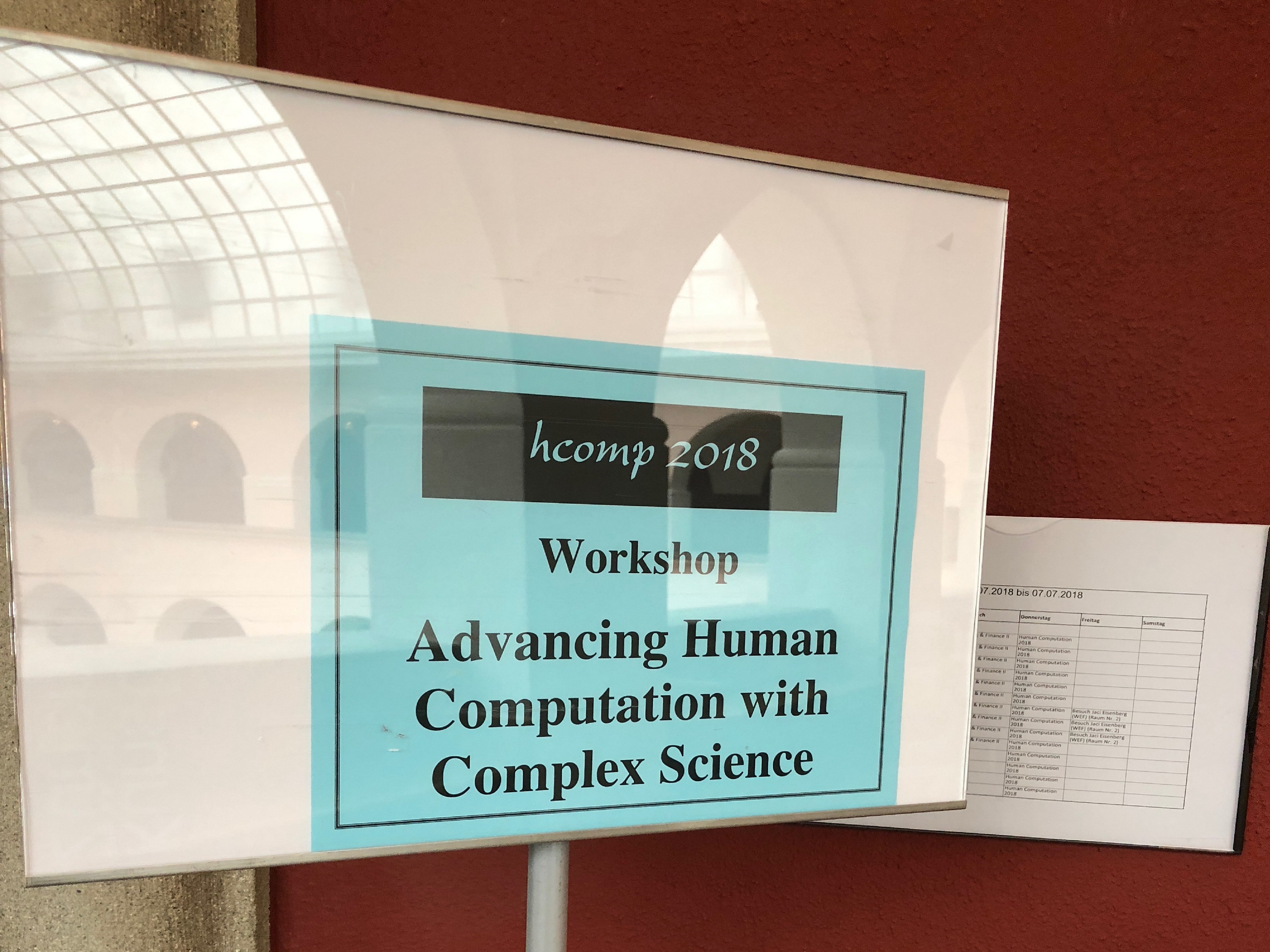Advancing Human Computation with Complexity Science
WORKSHOP
Advancing Human Computation with Complexity Science
DATE AND TIME
Thursday, July 5th
08:30 to 13:30
University of Zurich
Rämistrasse 71
8006 Zürich, Switzerland
Motivation
A workshop is needed to jumpstart the application of complexity science methods to human computation
(HCOMP) research to achieve distributed human/machine systems capable of tackling society’s most pressing issues, many of which depend on accurate predictive modeling of dynamic interdependent systems.
HCOMP has been applied to the betterment of society through Artificial Intelligence (AI) methods that leverage the complementary strengths of networked humans and machines in scalable and sustainable participatory systems toward new, high-impact capabilities. This approach has revolutionized the analysis of large, homogeneous datasets, accelerating scientific research by orders of magnitude [1]. However, new methods are needed to tackle today’s wicked problems, which involve multi-source heterogeneous data and tend to involve interdependent systems, requiring dynamic solutions to address a rapidly evolving problem space [2].
Complexity Science is a rich source for such methods. This transdisciplinary field seeks to make sense out of a wide range of complex adaptive systems through a variety of methods including evolutionary game theory, network theory, non-linear dynamics, out of equilibrium statistical mechanics, information theory, scaling theory of biological and cultural networks, robust design, non-traditional theories of computing, and agent-based modeling.
Description
A workshop focused on applying the methods of complexity science to distributed human/machine systems is the critical next step in developing human computation systems capable of addressing the existential crises that face humanity in the 21st century (e.g., climate change, famine, poverty, disease, war), which are themselves amplified by technology. This workshop will bring together interested complexity science researchers and HCOMP scientists to explore relevant opportunities and set new research agendas toward realizing these capabilities. Example lines of inquiry include:
- How do we combine citizen science with multi-agent systems and mechanism design to generate usable models of complex socio-ecological systems?
- How can we best capture the many drivers, consequences, and time scales involved in disaster management and design systems to provide critical feedback loops that improve resilience?
- How do we design information ecosystems that effectively bootstrap their own evolution in a goaldirected context?
Agenda
| 8:30 | Welcome, Workshop Scope, Context, and Goals | Dr Pietro Michelucci |
| 8:40 | Complexity Science Overview and Case Studies | Dr Markus Stefan Schläpfer |
| 9:20 | Why we need complexity science for next-generation human computation systems | Dr Pietro Michelucci |
| 10:00 | Group Activity: Exploring Problem Spaces | |
| 10:30 | Report Out | |
| 10:45 | Break | |
| 11:00 | Group Activity: Exploring Solution Spaces | |
| 11:30 | Report Out | |
| 11:45 | Group Activity: Identify Research Gaps | |
| 12:15 | Report Out | |
| 12:30 | Lunch | |
| 12:50 | Moderated Plenary Discussion about Next Steps | Pietro Michelucci (moderator) |
| 13:20 | Synthesis and Concluding Comments | |
Output
Through interactive sessions we intend to explore and crystallize this emerging research space and articulate the research activities that will lead to substantive HCOMP advancements that can generate new benefits for society.
In addition to catalyzing new research activities for participants, a workshop report will be produced that lays out succinctly the needs, the opportunities, the research challenges, and a way forward for the community. We will broadly disseminated the workshop report and seek to publish it in an appropriate journal. Such a report will extend the reach of the workshop findings to the broader AI community. Ultimately, we expect this work to lead to high impact systems that materially improve quality of life and survivability for humans and the Earth system.
Update Sept 18th:
The pre-publication draft of a report to appear in AI Magazine (ISSN 0738-4602) can be found here.
Open Planning Meeting for the Human Computation journal
From 13:45 to 14:30, the editors of the Human Computation journal (HCj) will be holding an open community meeting to discuss how the journal can best serve the community. Please attend if you would like to have a voice in this, learn about the journal’s scope, or find out how you might contribute the journal’s activities.
